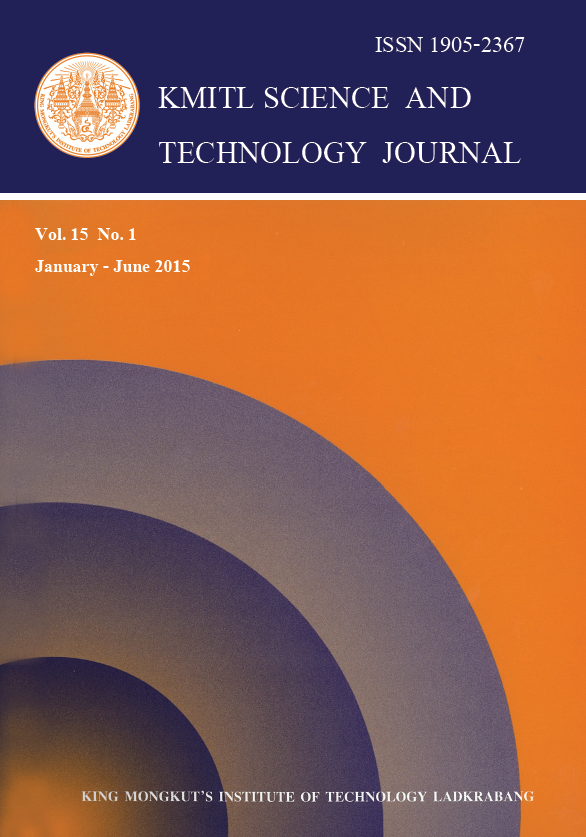Polyethylene Terephthalate (PET) has been one of the most favorable beverage packaging materials worldwide. Most used PET bottles would become waste after their usage. In many countries such as Germany and the United States, Reverse Vending Machine (RVM) has been widely used to collect recyclable wastes including PET bottles from consumers as part of their recycling and reverse logistics programs. Such machine helps increase quantity and quality of recycled PET bottles. However, RVM is still relatively new in Thailand. Therefore, this study has been conducted to learn acceptance of the machine by consumers along with its impact on quantity and quality of recycled PET bottles. The study has found that approximately 21% more of PET bottles were collected when a RVM is installed in the study area compared to its Business as Usual (BAU) waste collection in the area, which relies solely on building janitors to collect waste. In terms of waste quality, PET bottles collected by the machine were well homogenous with minimal contents of other kinds of materials (e.g., residual contents, caps, and straws).
Keywords: Municipal solid waste, recycle, materials recovery facility, reverse logistics, reverse vending machine.
*Corresponding author: E-mail: ktronnac@kmitl.ac.th
Tiyarattanachai, R. ., Kongsawatvoragul, I. ., & Anantavrasilp*, I. . (2018). Reverse Vending Machine and Its Impacts on Quantity and Quality of Recycled PET Bottles in Thailand. Current Applied Science and Technology, 24-33.

https://cast.kmitl.ac.th/articles/130146